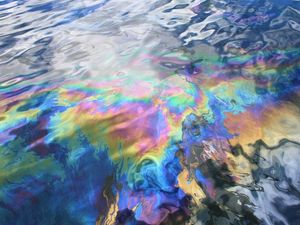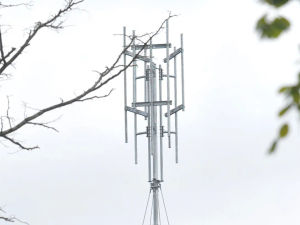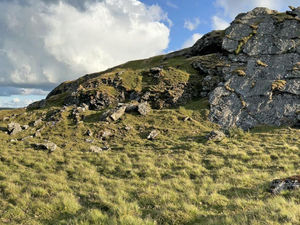This oil-eating bacterium could help clean up ocean spills
Alcanivorax borkumensis produces specific enzymes which feed on hydrocarbons.

Could oil-feeding bacteria be the solution to the environmental crisis faced by our world’s oceans?
Researchers have identified a microbial species which they believe can help clean up devastating oil spills that have caused damage to marine life.
Called Alcanivorax borkumensis, it uses hydrocarbons – which are the chief components of petroleum and natural gas – as a source of energy.
Decontaminating oil spills – which often involves deploying special equipment to collect the oil and using dispersants to break up the oil and speed its natural biodegradation – can be a messy and expensive process.
While there are biological agents available that can accelerate biodegradation, the technique has shown mixed results in the past.
The researchers say A. borkumensis stands out from other microbial species because their hydroxylases (a specific group of enzymes) are “far more effective, in addition to being more versatile and resistant to chemical conditions”.
The team from the University of Quebec carried out tests and found that these enzymes degrade oil, converting major components benzene, toluene and xylene into harmless substances.

He said: “I had a hunch, and the characterisation of the enzymes produced by the bacterium seems to have proven me right.”
A. borkumensis can be found in the ocean and is known to drift with the current.
The researchers say it multiplies at a rapid rate in areas with high concentrations of oil compounds, although they are yet to determine the bacterium’s potential.
The next step for the team involves finding out more about how these bacteria metabolise hydrocarbons and further explore their potential for decontaminating oil spills.
The findings are published in Biochemical Engineering Journal.





